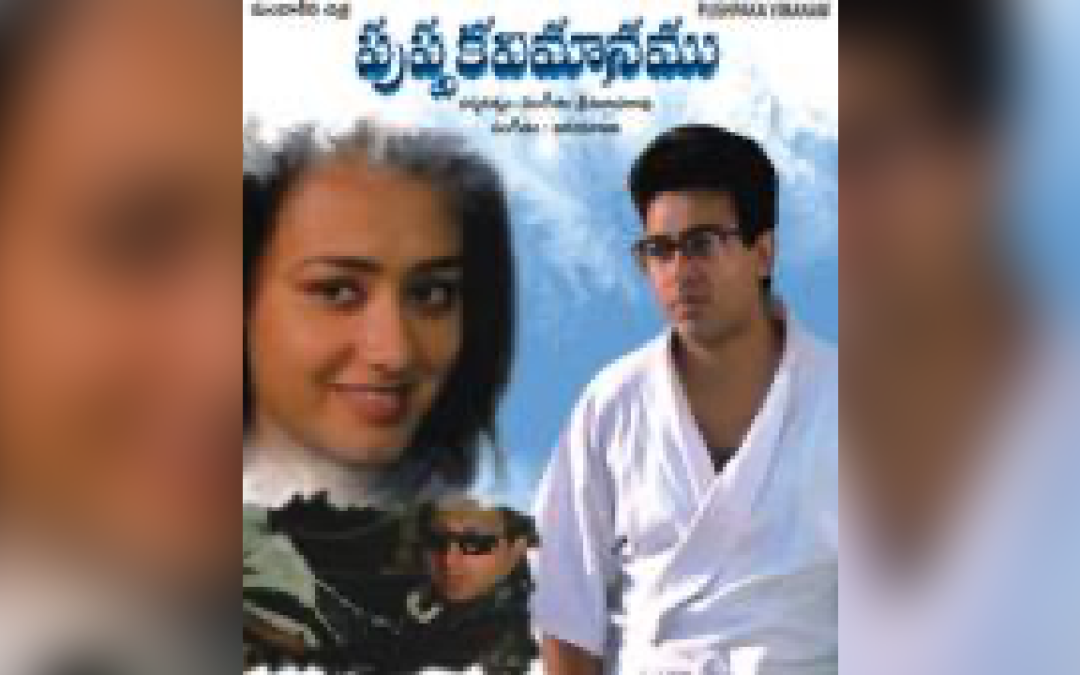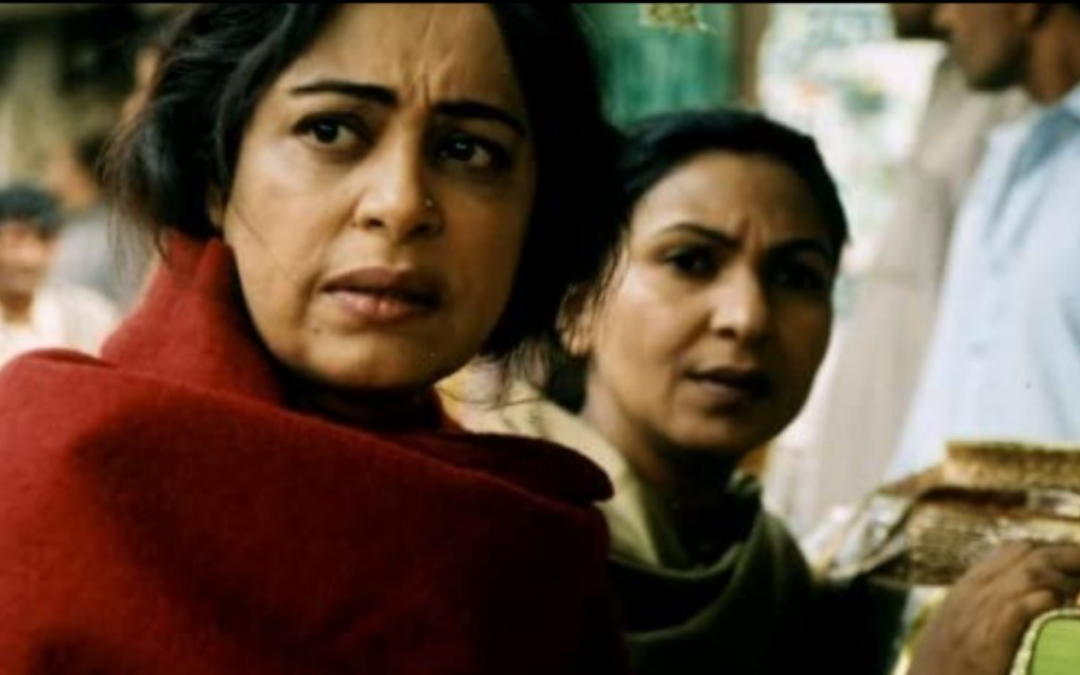

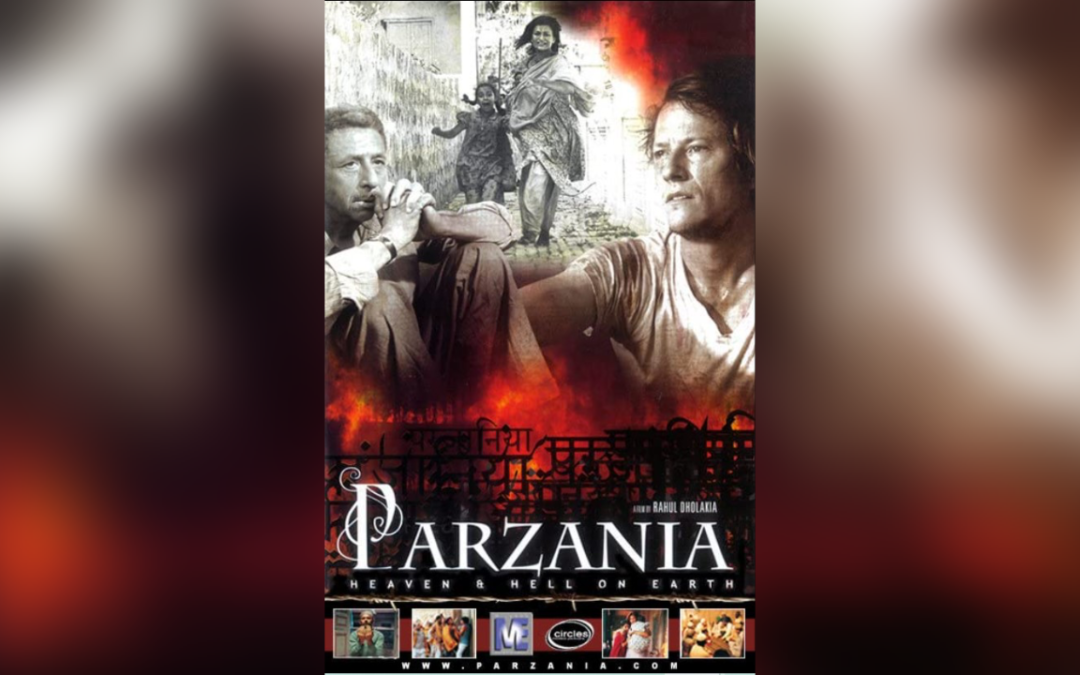
Parzania (English, Gujarati, Hindi)
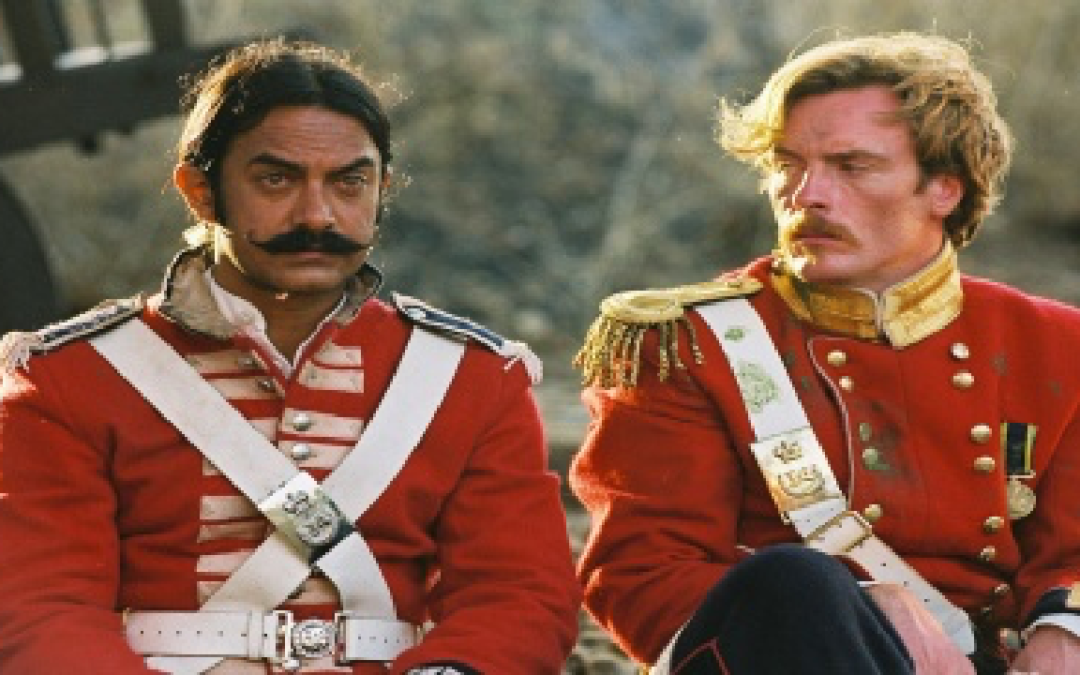
The Rising : The Ballad of Mangal Pandey (Hindi)
Captain Gordon, with whom Pandey shares a strong bond of friendship, assures the sepoys that the cartridges are free of animal fat. Pandey believes him and uses the rifle. When the truth emerges, Pandey is distraught. On the one hand, he has been defiled. On the other, he presumes that Gordon has deceived the sepoys. Their friendship is tested when Pandey instigates the other sepoys to rise in revolt against the Company.
The sepoys across different barracks plot a simultaneous revolt to overpower the few British soldiers stationed on Indian soil. The Company foils these plans by bringing in back-up in the form of the Rangoon regiment. Pandey leads the revolt at Barrackpore anyway. The sepoys are outnumbered. Pandey is captured.
Captain Gordon regards himself inadvertently responsible for the situation. But Pandey assures him that the Indian freedom movement rapidly gaining in strength is independent of any sentiments about the cartridges. Pandey is executed in public and the movement spreads to other parts of India, ultimately leading to India’s Independence 90 years after the incident.
An edited version of this article appeared in the August 2011 Issue of Culturama
Image courtesy Maya Movies Private Limited.

1947 Earth
Director: Deepa Mehta
Language: Hindi
The second film in Deepa Mehta’s Elements trilogy, 1947 (the other two being Fire and Water), Earth is based on Bapsi Sidhwa’s novel, Ice Candy Man. The movie vividly captures the bestial violence that erupted during the Partition as witnessed by an eight year old polio-afflicted Parsi girl who lives in Lahore, Pakistan.
Lenny (Maia Sethna) is privy to the budding romance between her Ayah, Shanta (Nandita Das) and a masseur, Hasan (Rahul Khanna). Lenny is also aware that Dil Nawaz (Aamir Khan), the smooth-talking Ice Candy Man, has a growing obsession with Shanta. Lenny and the Ice Candy Man become unwilling voyeurs to this unfolding love story.
As the dark clouds of the Partition gather, the animal in each man, like the lion that Lenny fears, is unleashed. Dil Nawaz proposes marriage to Shanta and says in a sombre foreshadowing, that it is only she who can keep his inner animal in check.
In a scene that best captures the horrific violence during the Partition, Dil Nawaz awaits the arrival of a train from Gurdaspur carrying his sisters. The train finally arrives twelve hours later laden with mutilated bodies of passengers.
Dil Nawaz eavesdrops on a conversation between Shanta and Hasan, where the masseur shares his plans to flee to Amritsar in India. The next day, Hasan’s body is found in a gunny sack. Lenny is deceived by Dil Nawaz into revealing Shanta’s whereabouts and along with a group of marauders, he abducts Shanta. Unlike the novel, the movie offers no explanation about Shanta’s fate and it is presumed Lenny lives with the guilt of having sealed the fate of her Ayah.
The end titles of the movie capture the immensity of the Partition, that divided India and Pakistan – “Over one million people were killed in India’s division. Seven million Muslims and five million Hindus and Sikhs were uprooted in the largest and most terrible exchange of population in history.”
An edited version appeared in Culturama’s July 2011 Issue.
Pic from the Hamilton Mehta Production website.
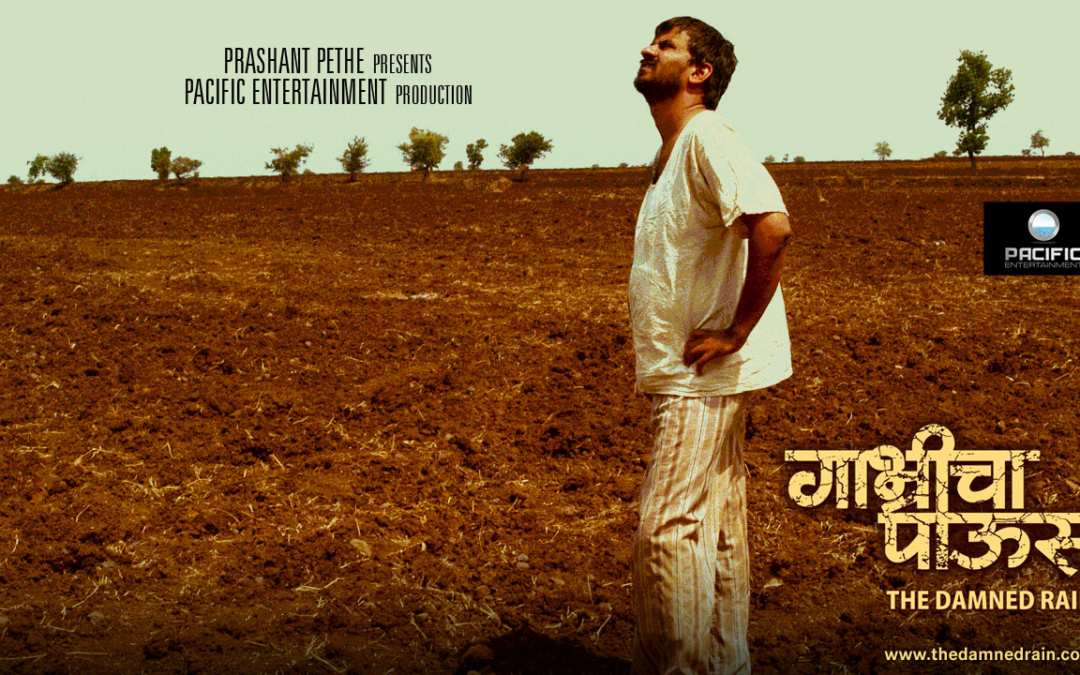
Gabhricha Paus (Marathi)
When Kisna takes a bank loan to install a motor to pump water to his field, he thinks he has finally risen above his circumstance, only to encounter new challenges. In an ironic twist, Alka’s fears come true in a rather unexpected way.
An edited version appeared in Culturama’s June 2011 Issue.
